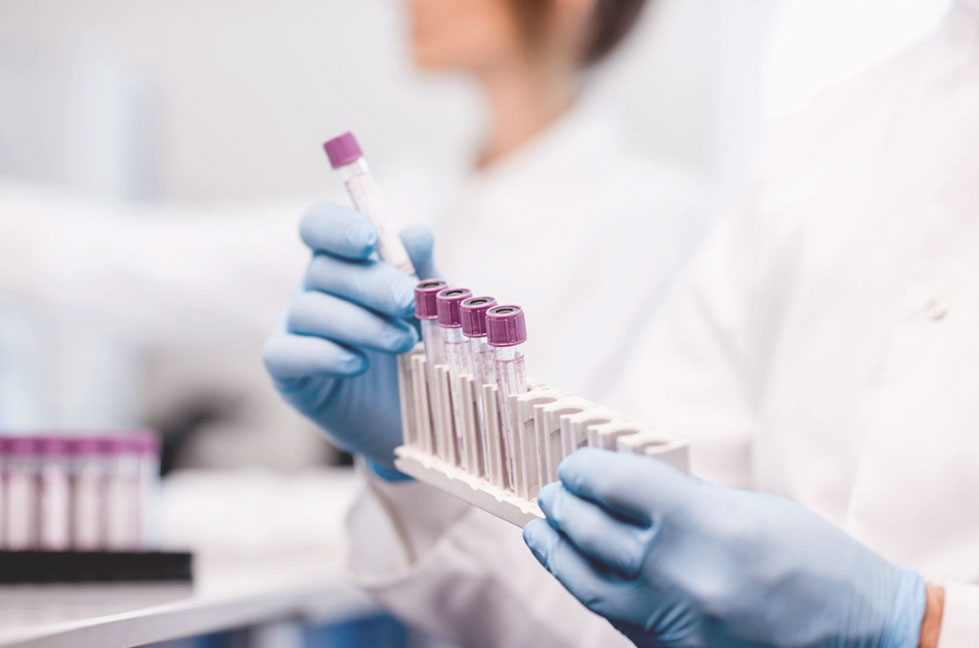Book Appoinment

Pathology Lab in Sanpada
Introduction
Pathology labs play a pivotal role in modern healthcare systems, providing essential diagnostic and prognostic information that guides medical decisions and patient care. These labs are at the forefront of medical science, employing a wide range of techniques and technologies to investigate diseases, monitor health, and contribute to research. In this comprehensive exploration, we will delve into the world of pathology labs, examining their functions, significance, technological advancements, and their impact on patient outcomes.Find Here Pathology Lab in Sanpada.
Pathology Lab
Pathology labs are dedicated to the study of diseases. They encompass various subfields, including anatomical pathology (histopathology and cytopathology) and clinical pathology (hematology, clinical chemistry, microbiology, immunology, and molecular pathology). These divisions collectively aid in the diagnosis, staging, and monitoring of diseases.Find Here Pathology Lab in SanpadaDisease Identification
Pathologists are responsible for identifying the nature and extent of diseases. Histopathology, the examination of tissue specimens, is instrumental in diagnosing conditions such as cancer, infectious diseases, and autoimmune disorders. Cytopathology focuses on analyzing cellular material, often aiding in the early detection of cancer through Pap smears and fine-needle aspirations.Blood Analysis
Hematology, a branch of clinical pathology, analyzes blood components. Complete blood counts (CBCs), blood chemistry, and coagulation profiles provide crucial information about various disorders, including anemia, leukemia, and clotting disorders.Microbiology
Clinical microbiology identifies pathogens responsible for infections. This includes the isolation and characterization of bacteria, viruses, fungi, and parasites, enabling tailored treatment plans and infection control measures.Find Here Pathology Lab in SanpadaImmunology
Immunological assays help diagnose autoimmune diseases, allergies, and infectious diseases. Techniques like ELISA and flow cytometry play a significant role in detecting specific antibodies or antigens.Molecular Pathology
Advancements in molecular techniques, such as PCR and DNA sequencing, have revolutionized disease diagnosis and personalized medicine. Molecular pathology is vital in identifying genetic mutations, viral DNA/RNA, and predicting treatment responses.Technological Advancements in Pathology Labs
Digital Pathology
Digital pathology involves the digitization of pathology slides, enabling remote consultation, computer-assisted diagnostics, and storage of vast image databases. This technology enhances efficiency and collaboration among healthcare professionals. Find Here Pathology Lab in SanpadaAutomation
Automation in pathology labs streamlines repetitive tasks, reduces human error, and increases throughput. Automated slide staining, tissue processing, and specimen tracking systems are becoming increasingly prevalent.Liquid Biopsies
Liquid biopsies analyze blood samples for circulating tumor cells, cell-free DNA, and other biomarkers. They offer a less invasive and more dynamic approach to monitoring cancer and other diseases.Telepathology
Telepathology facilitates remote consultation and second opinions. It has proved especially valuable in regions with limited access to pathology expertise.Pathology Labs and Patient Care
- Treatment Planning: Pathology reports are crucial for devising treatment plans. Oncologists, surgeons, and other specialists rely on pathology results to determine the most appropriate therapies, surgeries, or interventions.
- Monitoring Disease Progression: Pathology labs help monitor the progression of diseases, such as cancer, by assessing changes in tissue samples over time. This is vital for evaluating treatment effectiveness and making adjustments as necessary.
- Screening and Early Detection: Pathological tests are instrumental in population-wide screening programs for diseases like cervical cancer (Pap smears) and breast cancer (mammography).
- Prognostic Information: Pathology reports often provide prognostic information, predicting the likely course of a disease and helping patients and healthcare providers make informed decisions.Find Here Pathology Lab in Sanpada.
- Staffing and Training: Pathology labs face challenges related to staffing shortages and the need for ongoing training to keep up with evolving technologies and techniques.
- Quality Assurance Maintaining the accuracy and reliability of tests is essential in pathology labs. Stringent quality assurance measures are crucial to ensure patient safety.
- Integration of Genomic Data As genomics plays an increasingly important role in medicine, integrating genomic data into pathology reports will become more common, offering a more comprehensive view of a patient's health.
- Ethical and Legal Considerations The handling of patient data, informed consent, and issues related to genetic privacy are ethical and legal challenges that pathology labs must navigate.
- Global Access Ensuring equitable access to pathology services remains a global challenge, with many underserved regions lacking adequate diagnostic facilities.
Conclusion
Pathology labs are the backbone of modern healthcare, providing vital diagnostic and prognostic information that informs medical decisions and improves patient outcomes. With ongoing technological advancements and a growing understanding of diseases at the molecular level, pathology labs continue to evolve and expand their capabilities. As healthcare systems worldwide strive to provide the best possible care, the role of pathology labs remains indispensable in the journey toward better health and well-being for all. Find Here Pathology Lab in Sanpada.
